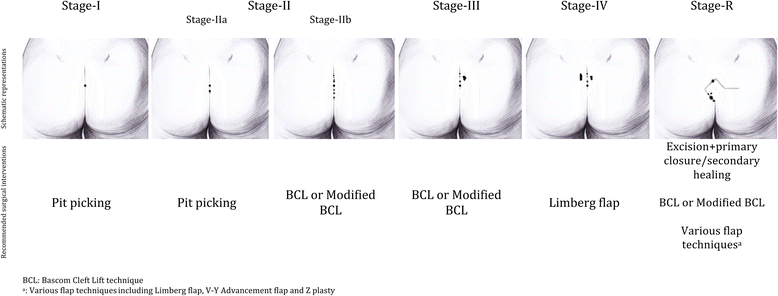

Patients had undergone a total of 141 operations with wounds still open for a combined total of 252 years. Patients Thirty-one patients with severe refractory pilonidal disease, with a median follow-up of 20 months in 27 patients (87%). Setting Community private practice with extensive experience in pilonidal disease, providing ambulatory and hospital care. A new paradigm suggests that a procedure to change the shape of the gluteal cleft will improve results. Hypothesis Refractory pilonidal disease is due to damage of the epidermis in the deep gluteal cleft by moisture and bacteria, rather than to damage in deep tissues.


Clinical Implications of Basic Neuroscience.Challenges in Clinical Electrocardiography.


 0 kommentar(er)
0 kommentar(er)
